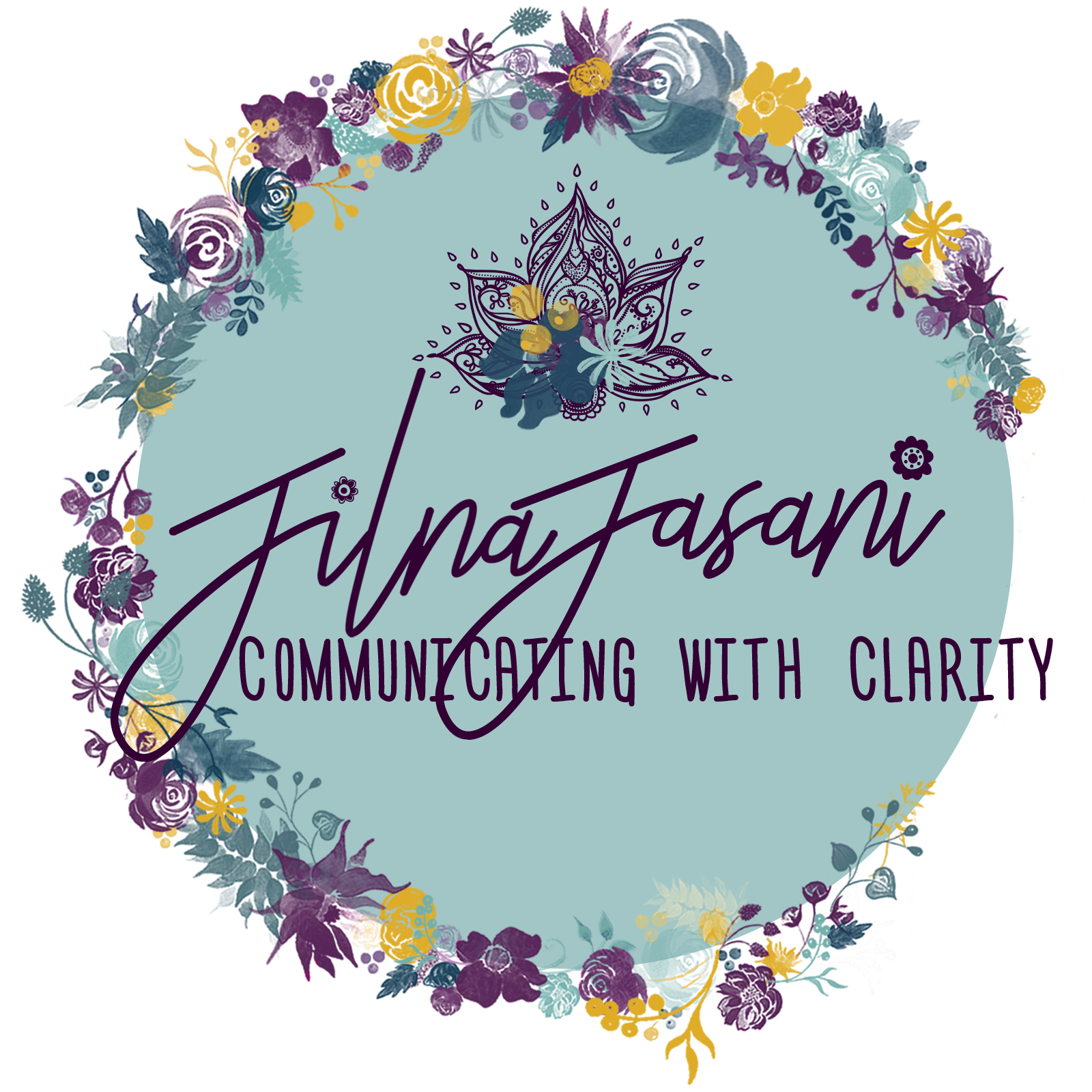
How to Get Into a Conversation with Your Child

We’ve been talking about how every situation, person, thing, and identity in the world of form is an illusion. How that identity or specific situation that we’ve labeled or judged only makes sense in reality if we can define all the causes and effects that led to it. If we’re unable to define it, then our thoughts of that situation or identity are false.
Now, again…I’m not asking you to believe what I’m sharing. I’m asking you to look within yourself to see if what I’m sharing is true for you.

I’ll give you an example:
One of my biggest triggers with Jian is if things are done haphazardly, or without intention.
I’ve done the work to understand where this trigger stems from, how it’s linked to my childhood, and how the need to do things “with intention” or the “right way” were modeled to me. Intellectually, I understand my thoughts and the conditions around them.
Now, the reason I said the word intention and right way in quotations, was because what I’ve deconstructed for myself has led me to question my own definitions of those concepts. I’m not saying that there is anything wrong with wanting him to be intentional. There is absolutely nothing wrong with it. In fact, it’s perfectly healthy to want the other person in any relationship to approach and go about things with intention. It makes for a great feeling, doesn’t it?
But it’s a problem if that need creates a reaction or suffering in me. In that case, I have to question my own intention around those words.
So let me explain what I mean…
The belief I have around “with intention” or the “right way” is; “he didn’t mean it” or “he did it just to get it done” and “what a waste of time”. I’ve found that this belief is closely tied to my beliefs around perfection and needing things to be done a certain way. It makes me feel frustrated when certain things aren’t done a certain way.
So it’s been really helpful to understand that my thoughts are an illusion. Because it makes me wonder; is it really true that he doesn’t mean what he does?
Well, it could be.
But it could also be that he had valid reasons why he did what he did in the way he did it.
I wouldn’t know the truth if I got consumed by my trigger. I would only know that truth if I got curious and into a conversation with him to hear what was going on in his world.
So how do we do that? How do we create enough space to access curiosity?
We’ve talked about conditioning, and deconstructing that conditioning, but that’s not always enough. Sometimes the thought is so powerful that it takes over our entire bodies and we drown in it, resulting in our reactions.
What we also need is to build awareness.

Senses -> Thoughts -> Feelings -> Wants -> Actions
We experience the world through our senses, and those experiences inform our assumptions, perceptions, and the beliefs we’ve put in our thoughts. Through journaling, we can break down the words that we take in through our senses, and allow ourselves to become an objective witness instead. In doing so, we make a shift away from the struggle of the illusion we are living under. We no longer feel pressured to identify with it.
We then can become aware of our body and the physical sensations we experience in it – like a flutter, brain fog, or knots in the stomach – which help us identify our feelings of happiness, frustration, anger, and so on.
We do so by finding our breath, and focusing on it. We become a witness to those sensations and observe them.
This gap between the witnessing or observing of our thoughts and physical sensations creates space. That space allows for detachment and objectivity. Then, when we can live in that space of detachment, we create freedom for ourselves to become curious and get into a conversation with the other person.


